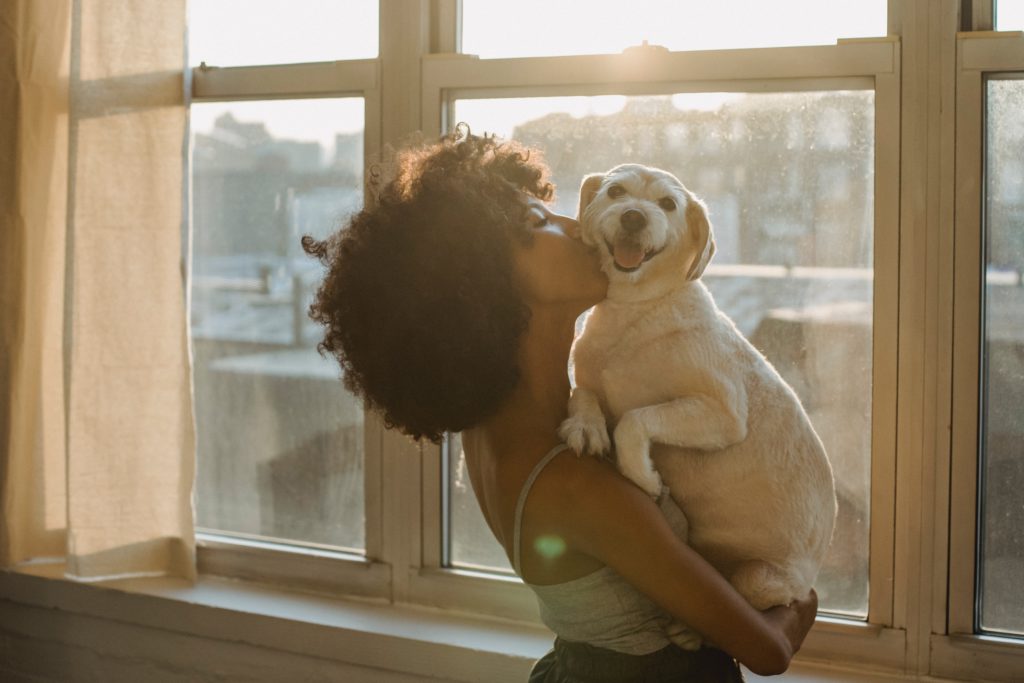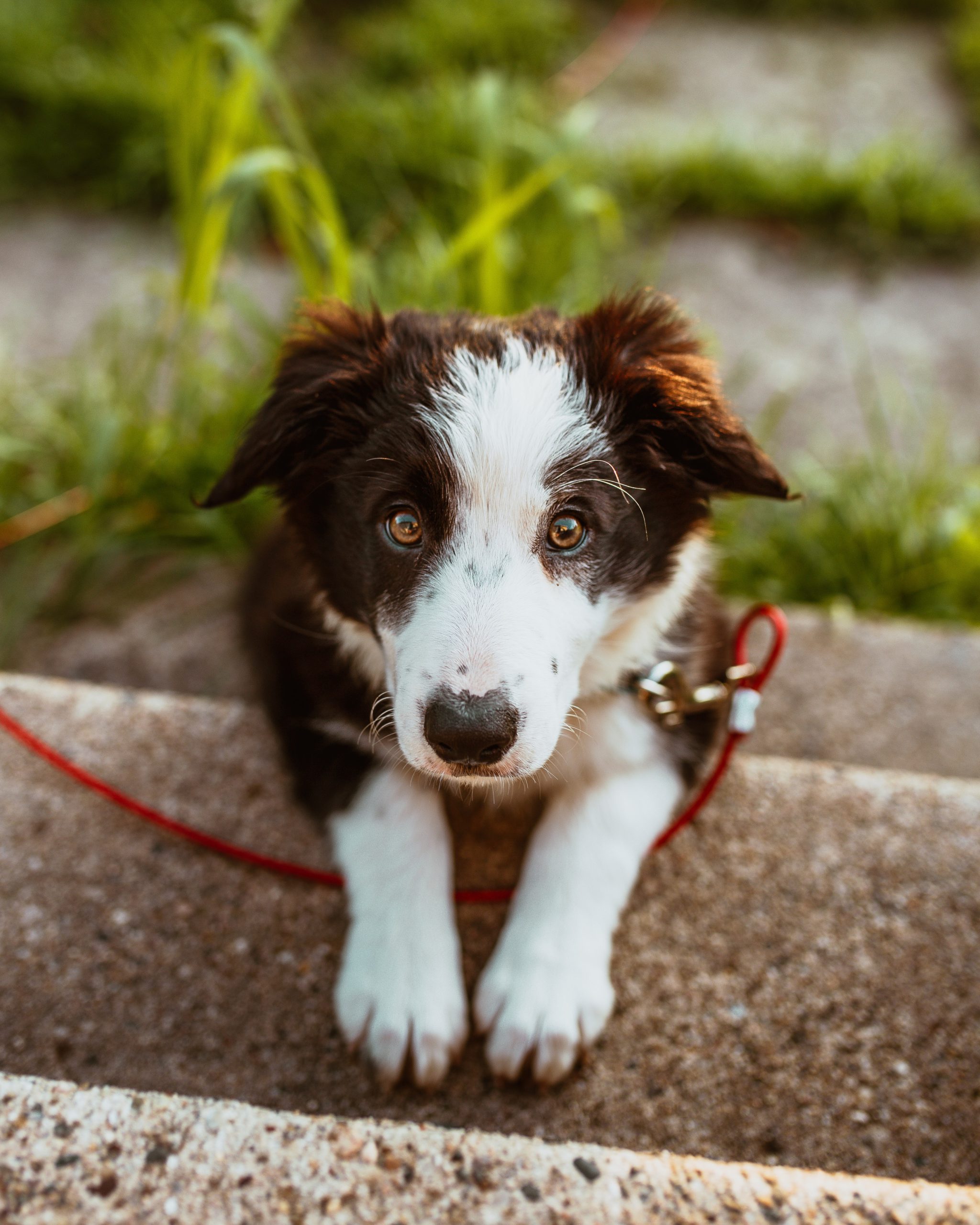
Important Vaccines and Training for Puppies
The most important of the effective vaccinations given to young puppies is the protection against Parvo and Distemper. Their primary puppy vaccinations include rabies and DHPP, protecting your pup against dog distemper, hepatitis, parvovirus, and parainfluenza. In addition, the puppy must receive puppy-distemper-hepatitis-parvovirus vaccination, and vaccinations are recommended for bordetella and parainfluenza.
Depending on your pup’s age, you might need a 1-3 vaccine in the distemper/parvo series before your puppy is 16-20 weeks old. After that, your pup will need to receive one vaccination every 3-4 weeks until they are 16 weeks old.
Once that series is completed, you and your veterinarian can discuss a proper vaccination schedule as we advance, since although your pup is protected now, they will still need vaccinations to stay immune from some diseases. One of the biggest things your vet will discuss is your vaccination schedule and how it will work with your pup’s socialization time. It would be best if you worked closely with your pup’s veterinarian and your dog’s trainer when planning their vaccinations.

Even if your pup has had an appointment at the vet before, it is always best to schedule follow-ups as soon as you bring them home from the shelter or breeder. Let the pup hang out with older dogs receiving shots in one of their homes is also okay. Your puppy must also be fully vaccinated to attend doggy daycares and doggy daycares that offer longer stays. If you plan to board your pup in the future, participate in group training classes, or utilize a dog daycare, proof of these vaccinations will generally be required.
Before signing up for puppy training classes in Perth, you must ensure your pet has all the required vaccines. Up-to-date shots are required for registration, so all puppies in a category will have the same vaccination status and be able to interact without endangering one another. All puppies attending classes should have received at least a combination distemper vaccine administered by your veterinarian at age six weeks or older and no less than ten days before their first class. Their mother’s milk provides some protection at the beginning, but once young puppies are separated from their mothers, at least three vaccinations must be started.
Reputable training facilities recommend that you start safely socializing your pup starting their first round of vaccines at about eight weeks. Most training experts hope to provide a Puppy School (early socialization and puppy obedience) in a safe, clean, immaculate, controlled, indoor environment, with the supervision of a professional dog trainer and with other puppy owners like you, required to show proof of vaccination records for their pups, to play a small part in improving puppy well-being. One of the first steps you should take in helping your pup live a long, healthy life is ensuring they get the right shots at the appropriate times. When your pup is between ten to twelve weeks of age, your veterinarian will recommend giving them vaccinations for influenza, Lyme disease, and leptospirosis.